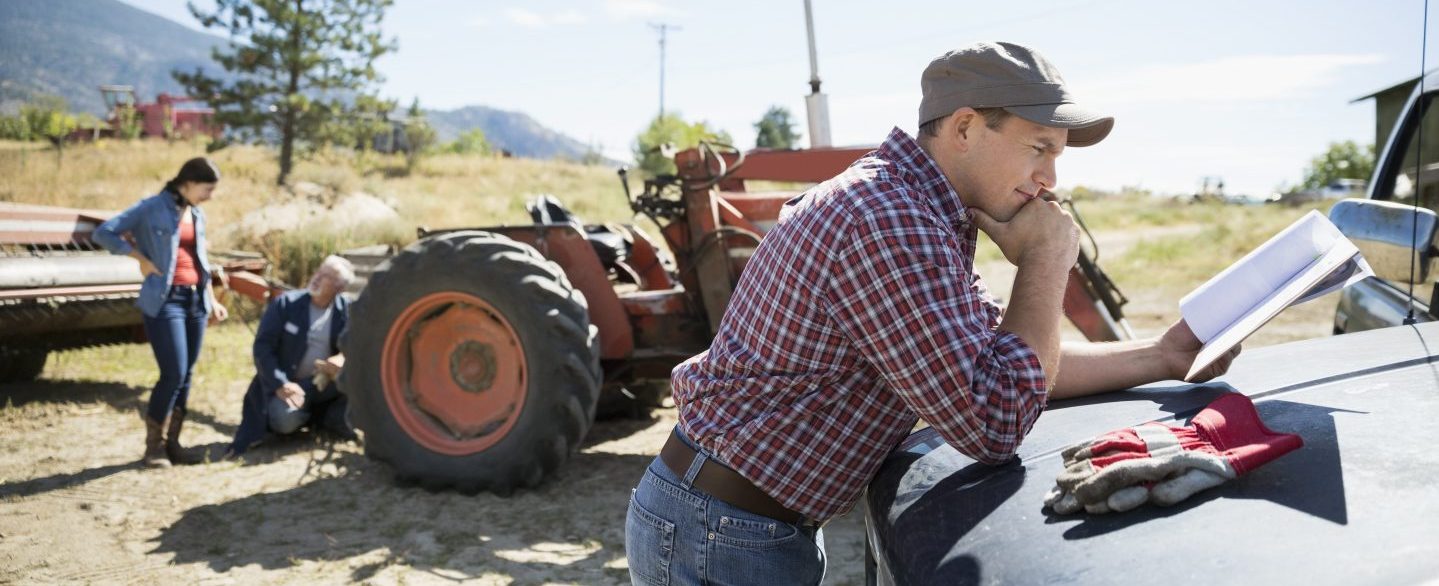
Husband and wife owned and operated a small cattle farm. If hobby expenses are more than its income, taxpayers have a loss from the activity.
How much can i deduct?
Tax deductions for hobby farms. Originally published as homestead tax tips in the march/april 1973 issue of. A person has a dozen chickens that produce more eggs than their household needs. Properties matching your search have an average property price of $525,374 and a.
Moreover, hobby expenses were deductible only if, and to the extent, they exceeded 2% of the hobbyist�s adjusted gross income (total income minus business expenses and a few other expenses). Previously, a taxpayer could only deduct expenses related to a hobby up to the amount of hobby income. Their state and local tax returns showed the farm losing money for each of the last ten years, as reported on their sole proprietor form 1040, schedule f, farm tax return.
This limit is reduced by the amount by which the cost of the property placed in service during the tax year exceeds $2,620,000. If you manage a homestead or small farm this short article has some ideas for farm tax deductions you could claim. After the tax cuts and jobs act, any expenses related to a hobby are no longer allowed to be deducted, even if you earned money from your hobby.
Find hobby farms for sale near me including small farms with homes, rural mini farms, country farmettes, and small acreage for goats, sheep, or poultry. Hobby farm vs working farm. However, if the irs considers farming activities to be a “hobby”, then any losses cannot be used to offset income in other areas by the taxpayer.
Farmers who have sustained losses over many years should be aware of the irs’ hobby loss rules which limit farm loss tax deductions. Increased section 179 expense deduction dollar limits. The maximum amount you can elect to deduct for most section 179 property you placed in service in 2021 is $1,050,000.
A cattle farm without cattle and a tree farm that doesn�t yet harvest. Husband and wife owned and operated a small cattle farm. Tax deductions for hobby business:
You could deduct expenses up to the amount of money you brought in from your farm as long as the overall expenses you claimed were more than two percent of your adjusted gross income. Generally, hobbies are not taxable as they do not operate at the same scale as businesses. If a business has a net loss for the year, then that loss can be used (with some limitations) to reduce other income realized by the taxpayer.
Taxpayers must itemize deductions on their tax return to deduct hobby expenses. To claim expenses from hobby farming as a tax deduction, you need to demonstrate that you turned a profit from your farming activities or where trying to. You will be able to claim a cattle tax deduction once you establish how you use the cattle — and you may use them in more than one way.
Hobby losses are one of the most frequently litigated issues in tax. Some income tax deductions have special rules for farmers. If hobby expenses are more than its income, taxpayers have a loss from the activity.
Hobby loss tax deduction developments in 2021. You’ll need to fill out irs publication 225, form 4797, and form 4562 come tax season. How to deduct hobby expenses.
Farmer tax guide example 1: Farm is not business, but hobby. How much can i deduct?
For 2019, farmers and small businesses could deduct up to $1,020.000 of the tax basis of certain business property or equipment placed into service that year. However, a hobby loss can’t be deducted from other income. In order to deduct a loss from a business activity, the taxpayer must be able to demonstrate that the activity was carried on with a profit motive.
Taxpayers can generally only deduct hobby expenses up to the amount of hobby income. Now, to receive any benefits or be eligible for further federal tax deductions, you have to stop calling it a hobby farm. That all changed on january 1, 2018.
Save this search to get listing updates. Whether you sell, breed, or use cattle within your farm, you are in the business of farming. This chapter is intended to help operators of farms and ranches optimize deductions to reduce their tax liability.
Hobby farms have been claimed as tax shelters by wealthy people looking to avoid paying taxes on pastoral spreads, horse shelters, and ranches maintained exclusively for leisure and enjoyment. Other deductions are available only to farmers and ranchers. For example, suppose you paid $2,000 for electricity during the tax year.